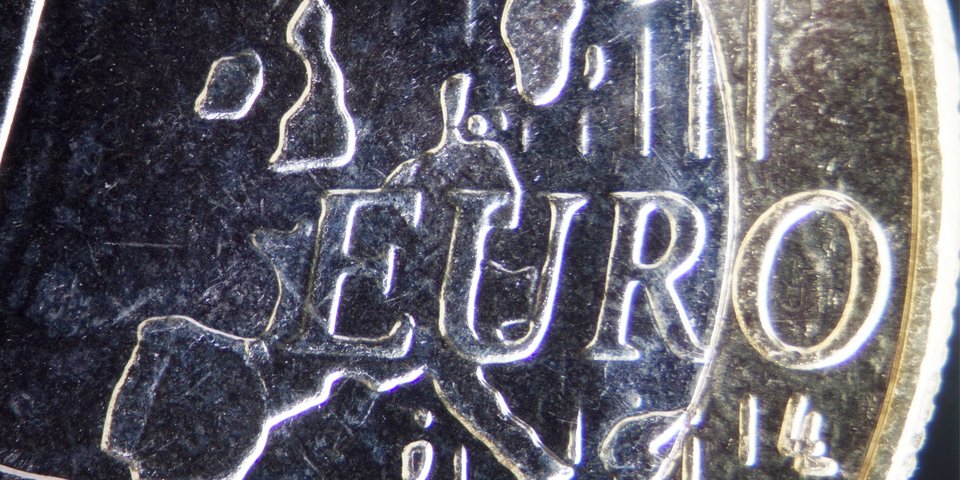 iStockphoto/3quarks
iStockphoto/3quarksSovereign wealth funds: Investment driver or debt maker?
In the European Parliament, MEPs and guests interested in economic issues discussed the usefulness of establishing sovereign wealth funds (SWF) in the Euro area.
GD/AD – 03/2017
On 8 March 2017, Members of the European Parliament, economists and other guests were invited by German MEP Jakob von Weizsäcker (SPD) to discuss whether sovereign wealth funds, similar to the Norwegian ‘Statens Pensjoensfond’ (aka ‘Oljefondet’), could be used in the future to finance collective investment in the Euro area. Guest speakers Professor Giacomo Corneo from Freie Universität Berlin and Jacques Delpla from the Toulouse School of Economics gave a detailed affirmation of this financial instrument. The event was organised by the economic platform ‘Next Left Economic Circle’.
Professor Corneo justified his view by stating that in times of very low interest rates for public bonds, setting up these types of funds can be done under favourable conditions. The result would be a ‘social dividend’ which could be used to reduce social inequality in the EU. Professor Delpla described how the administration of this financial instrument could possibly be organised.
Economists who criticise these funds are of the opinion that there are fundamental differences to the Norwegian fund and that these differences have been ignored. Norway has annual revenue in the billions from its oil and gas concerns which, for decades, has been a means of publicly accruing huge sums of money. The fund is not used in Norway but rather invested internationally – the once poor Scandinavian country has become the world’s most important capital investor.
In any case, the Norwegian sovereign wealth fund serves as a means of protecting the prosperity of future generations, even after their mineral resources have been exhausted. It is administered professionally and has proven to be a ‘tough negotiator’ on the capital investment market. The fund is cautious in statements it makes on currency policy but has enormous weight. It is a national asset and not an additional national liability.
Taking advantage of low interest rates, which are driven by flooding the capital markets and not by market-driven economic developments, would mean creating more debt to finance such a fund due to the lack of oil revenues. Assuming this is the case, overall debt burden would increase. However, it would also mean achieving the ‘positive end goal’ of overcoming injustices. As such, there could be almost no argument for criticising the rise in debt.
Overcoming injustices is done primarily through a well-functioning social state. However, this requires a macroeconomic environment that drives productivity; without this, social benefits given to the current generation will have to be paid for by future generations through hard sacrifice. Since the catastrophic economic events cause by state over-indebtedness and declining productivity, many EU social worlds have increasingly become mere legal constructs that have been stripped of any real dimension, and which have no possibility of receiving what has been promised by social legislation.
